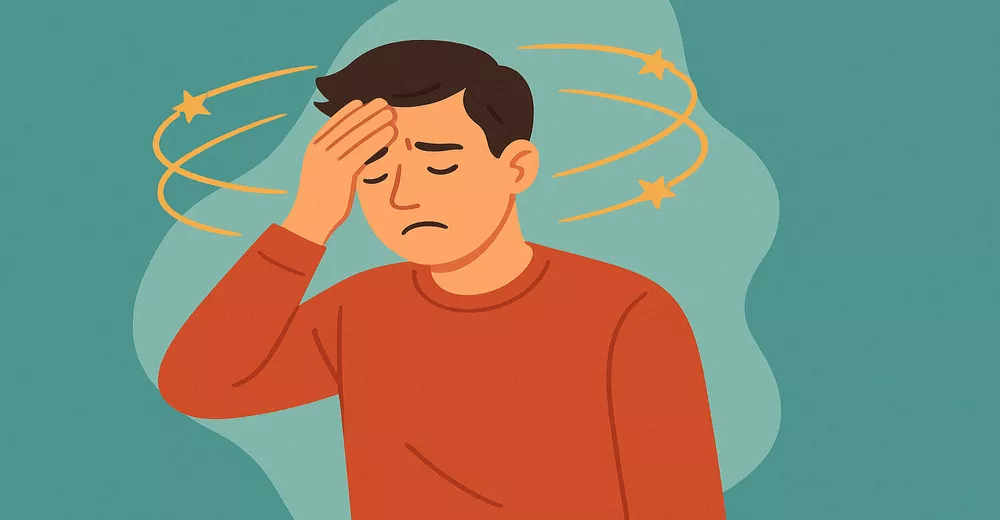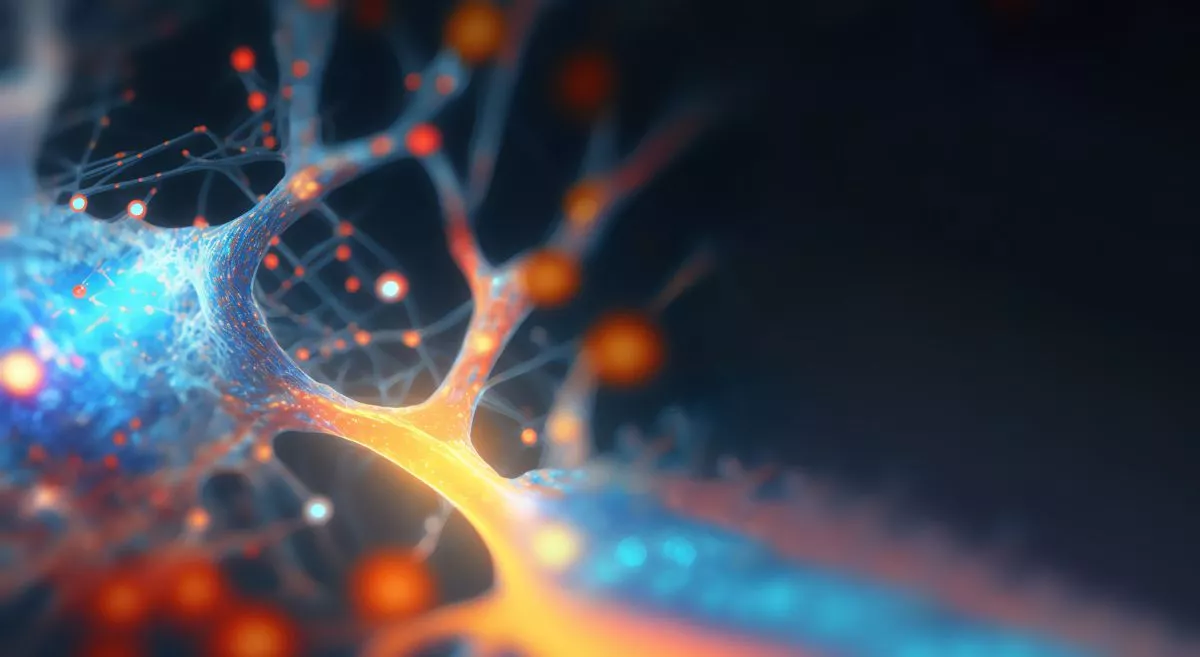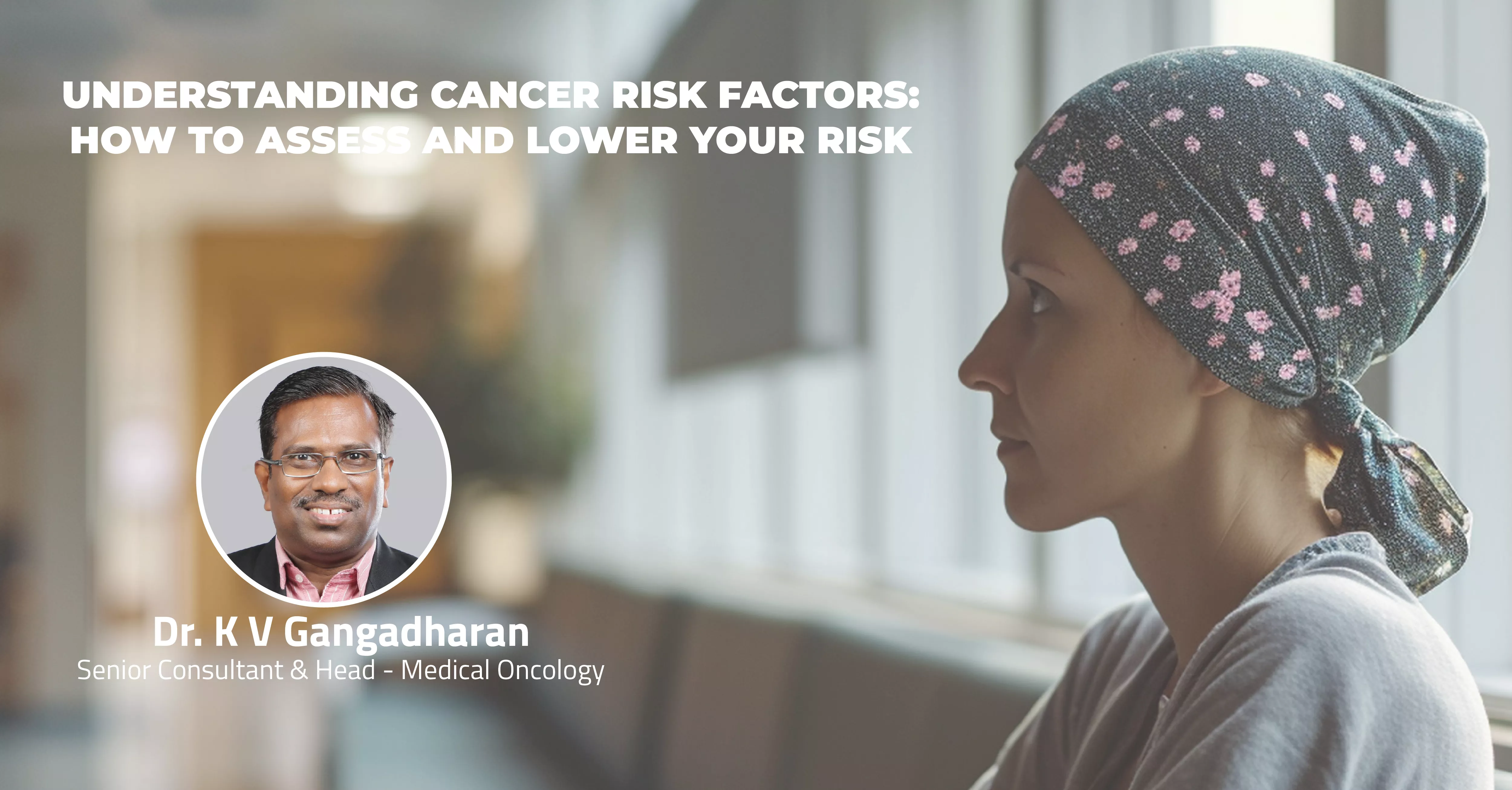WHAT IS VERTIGO?
Vertigo is a type of dizziness characterized by the sensation that you or your surroundings are spinning. For most people, maintaining balance while walking or performing everyday tasks happens naturally. But when something goes wrong in the balance system, it can be deeply unsettling. Vertigo disturbs this delicate balance, causing confusion and disorientation.
SHOULD I BE CONCERNED IF I HAVE VERTIGO?
Vertigo is a symptom, not a disease. Like fever, it can signal a variety of underlying conditions. Over 40 potential causes, ranging from issues with the inner ear or brain to systemic disorders and medications can lead to vertigo. If left untreated, vertigo can affect daily life, making it essential to understand and address its root cause.
ARE VERTIGO AND DIZZINESS AGE-RELATED?
While vertigo can affect people of all ages, the causes often vary. For instance, Benign Paroxysmal Positional Vertigo (BPPV), caused by displaced calcium crystals in the inner ear, is common in older adults. Vestibular migraines and vestibular neuritis, which are more common in younger people, are also frequent causes of dizziness. In rare cases, vertigo may indicate serious conditions like stroke or brain tumors, which require urgent attention.
WHAT SHOULD I DO IF I EXPERIENCE VERTIGO?
If you experience vertigo, it’s crucial to see a specialist for a vestibular evaluation. At Aster Ramesh Hospital, we offer comprehensive balance assessments to diagnose the underlying cause and create an effective treatment plan tailored to your condition.
WILL I HAVE TO LIVE WITH VERTIGO?
Though vertigo can be distressing, it’s a treatable entity. By seeking a proper diagnosis and working with a neurologist or an ENT specialist, most people can manage or eliminate their vertigo symptoms
WHAT TO DO DURING A VERTIGO ATTACK?
During an attack, remain seated or lie down to prevent falls. Avoid sudden movements and note any worsening symptoms, such as slurred speech or vision changes.
A visit to a specialist will help assess balance function and identify the cause of vertigo through tests like Videonystagmography (VNG). It’s important to note that medications used to suppress vertigo should only be taken short-term, as prolonged use can interfere with the body’s ability to compensate and recover naturally
HOW CAN VERTIGO BE TREATED?
- Treatment varies depending on the underlying cause:
- BPPV: Specific maneuvers like Epley or Zuma maneuvers can reposition the displaced crystals, providing near-instant relief.
- Vestibular Migraines: Lifestyle and dietary changes, along with medication, may help.
- Meniere’s Disease: A low-salt, high-potassium diet, along with diuretics and medications, is used to manage symptoms.
- Peripheral Vestibulopathy: Vestibular Rehabilitation Therapy (VRT) helps the nervous system compensate and improve balance.
CONCLUSION
Vertigo doesn’t have to be a permanent part of your life. With proper diagnosis, treatment, and rehabilitation, you can regain control over your balance and eliminate dizziness. From vestibular rehabilitation to medical interventions, a range of solutions exists to help you overcome vertigo and regain balance and stability in your daily life.
Don’t let dizziness hold you back, seek professional help and take the first step toward balance and stability today.






